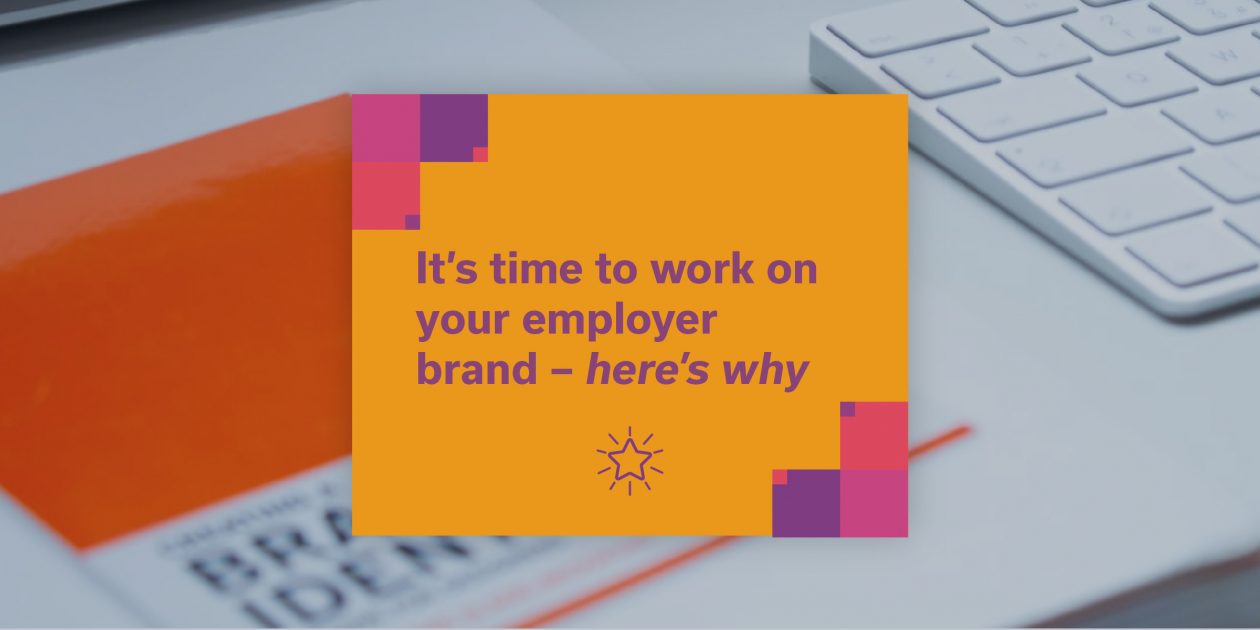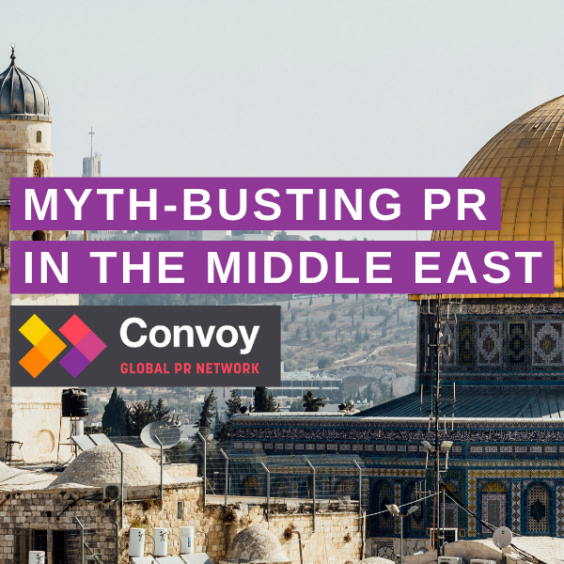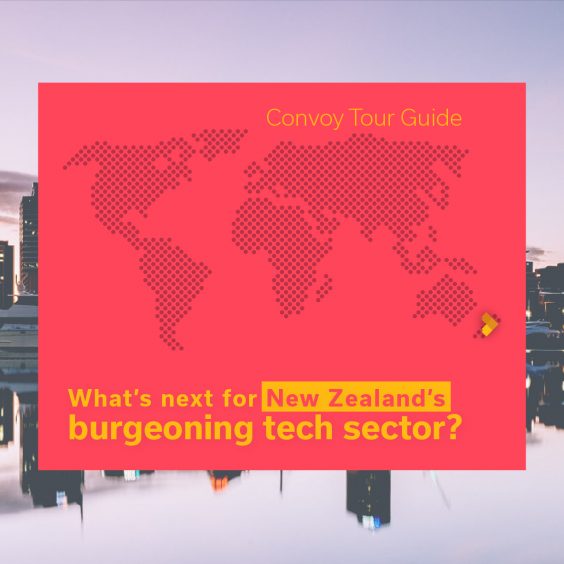As global economies bounce back and the so-called Great Resignation continues, maintaining the trust of employees is emerging as a priority for businesses. In light of this, Eszter Számadó and Dorka Nagy from Hungarian Convoy partner PS:PRovocative look at some of the employer branding successes and failures of the pandemic.
For us lucky office workers, remote working quickly became a normal part of life when the pandemic hit. Many essential workers, however, have been doing their jobs in person throughout the past 18 months, exposing themselves to a heightened risk of catching COVID-19.
The pandemic cast a spotlight on those working in front-line logistics and supply chain roles, as well as food service and retail workers. The public is now acutely aware of the importance of these individuals, and the poor working conditions and pay they often receive. As a result, several major US companies have received widespread criticism for their treatment of workers. On the other hand, others have harnessed the pandemic as a positive employer branding opportunity.
Let’s take a closer look at two US behemoths, Amazon and McDonalds, and see what employer branding lessons they can teach b2b tech brands.
Missteps and missed opportunities
Amazon is one of the few companies whose sales multiplied during the pandemic. However, the online ordering surge placed additional strain on warehouse workers and couriers. Throughout the past year, workers worldwide have alleged that the company hasn’t provided them with adequate protective equipment, hasn’t take steps to maintain social distancing and hasn’t allowed sufficient paid sick leave.
Amazon’s public facing response to these allegations has often been confrontational. Replying to accusations that employees were forced to urinate in bottles at one packing plant, a Tweet from the official Amazon News account made headlines worldwide. It read: “You don’t really believe the peeing in bottles thing, do you? If that were true, nobody would work for us. The truth is that we have over a million incredible employees around the world who are proud of what they do, and have great wages and health care from day one.”
Amazon’s union busting efforts in Bessemer, Alabama, garnered similar attention. The company’s employee communications campaign included compulsory staff meetings, text messages to employees, leaflets, a dedicated website and fliers posted in bathrooms that urged workers to vote against unionisation.
In both the above instances, the backlash against Amazon’s aggressive strategy was swift and severe. Accusations of corporate gaslighting and a lack of accountability amplified the stories worldwide, and stirred up wider debate around the company’s working practices.
Clarity and corporate citizenship
In early April 2020, more than 100 McDonald’s workers in Florida staged a walkout over the company’s anti-mask stance and inadequate sick leave policies. This was just one of many early-pandemic displays of employee dissatisfaction.
Unlike Amazon, which focused on refuting allegations and emphasising the company’s existing benefits, McDonalds took swift top-down action. According to Business Insider, the company’s president asked its franchisees to provide paid leave, implemented a 10% pay rise in company-owned stores, set up an employee emergency fund and implemented thorough COVID-19 safety measures. These were communicated clearly to the wider public in global advertising and digital campaigns, like this example from the UK.
Although McDonalds is by no means a global beacon of corporate citizenship, and has been involved in its own share of poorly managed employer branding scandals, it’s clear that the company harnessed the pandemic as an opportunity to improve its employer brand. On the other hand, Amazon’s seeming indifference towards its public perception did it no favours. In his final letter to shareholders, outgoing CEO Jeff Bezos appeared to finally concede this point, writing: “I think we need to do a better job for our employees…it’s clear to me that we need a better vision for how we create value for employees – a vision for their success. If you read some of the news reports, you might think we have no care for employees…That’s not accurate.”
A lesson for b2b tech brands
What can b2b tech brands learn from this? In short, that employer branding is more important than ever. In the current job market, employees have a firm upper hand. And perhaps because of the pandemic, many are looking to not only be paid well, but treated well by their employer. So, if your tech brand wants to attract the best talent, boosting your business’ reputation as an employer through well-considered employer branding efforts is crucial.
To find out more about our PR or marketing services, or our global PR network Convoy, drop us a line at hello@rlyl.com or visit our contact page.




